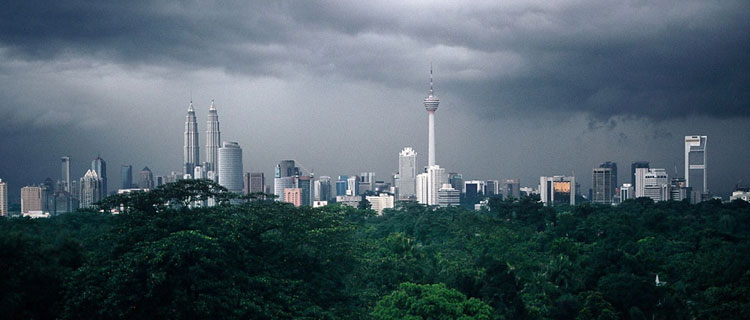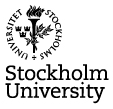
Principles for ecological sustainability
Professor John Milton will on Friday 29 August hold the seminar "Inner and outer principles for ecological sustainability".
In 1963 Milton began mapping disciplines that in any way internalized the impacts on nature into their work; later he gathered leaders together from those disciplines, designing a process for them to learn from each other and to understand the need for interdisciplinary work if we are to truly understand environmental systems.
This innovative work further evolved into a broad investigation of the ecological effects of development projects worldwide. Milton's work was compiled in his book, "The Careless Technology: Ecology and International Development". This book was published in 1972, the year of the Stockholm Conference. It had a large impact at Stockholm and helped provide the main scientific database for that gathering.
The lessons learnt from this work Milton now put into another book, "Ecological Principles for Economic Development" (1973). This was a pioneering volume on ecological sustainability and how to manage humans and nature as one integrated system.
Today, the research community believes that we still are on an unsustainable path. Now Milton works on internal changes that are needed to alter the direction society is heading. Milton is convinced that political, legal, and economic approaches do not go deep enough, we need penetrating changes in human culture for people to live in true harmony and balance with one another and the earth.
About Professor Milton
John P. Milton is a professional ecologist, an experienced meditation, Tai Chi and Qi Gong teacher, author, and a pioneering environmentalist. A founding father of the environmental movement in the early 1960s, he was a professor of environmental studies and a Woodrow Wilson Center scholar at the Smithsonian Institution.
He was one of the first ecologists on staff at the White House as a member of the President's Council of Economic Advisors, and was a founding board member of the environmental organization Friends of the Earth. Currently he is the President of The Way of Nature and its well-known wilderness programs, Sacred Passage and Nature Quest. He is also Chairman of the environmental foundation Threshold.
Time and place
Linné Hall, the Royal Swedish Academy of Sciences
Lilla Frescativägen 4, Stockholm
Vacancies | Contact | Environmental policy | Cookies
Stockholm Resilience Centre
Stockholm University, Kräftriket 2B | Phone: +46 8 674 70 70 | info@stockholmresilience.su.se
Organisation number: 202100-3062 | VAT No: SE202100306201


